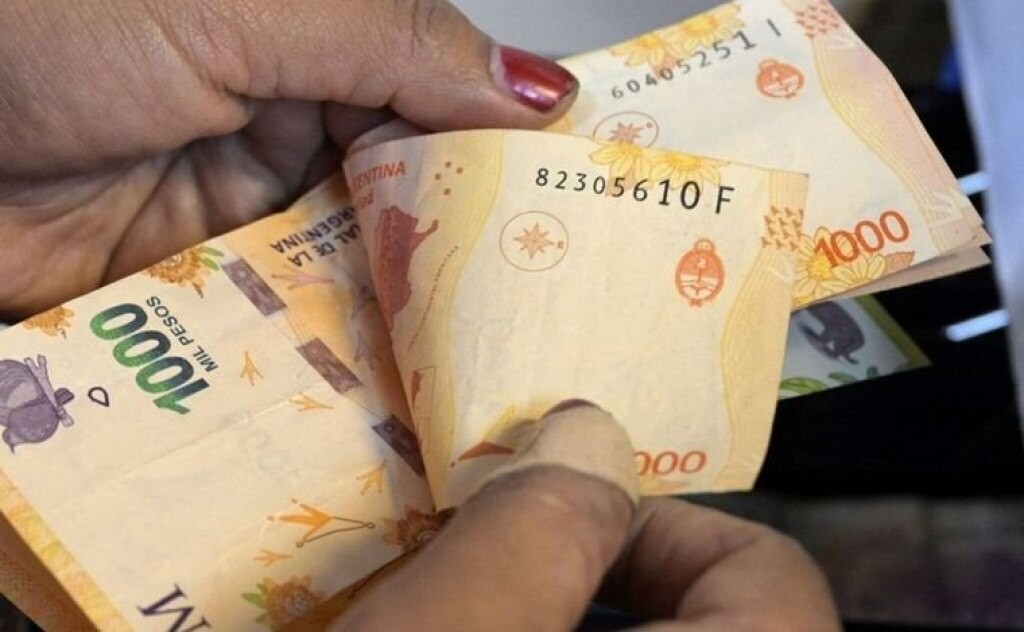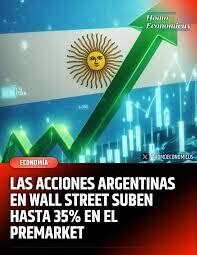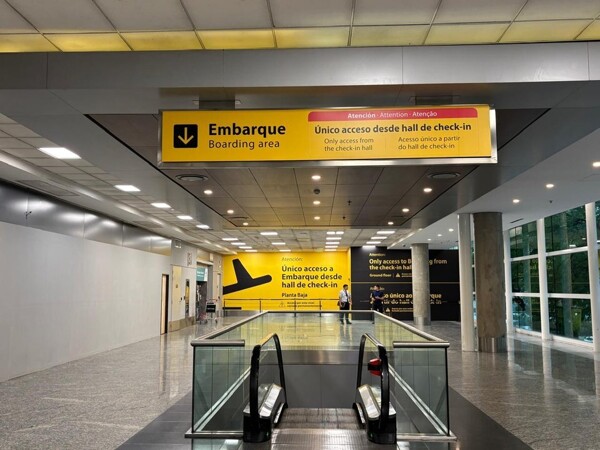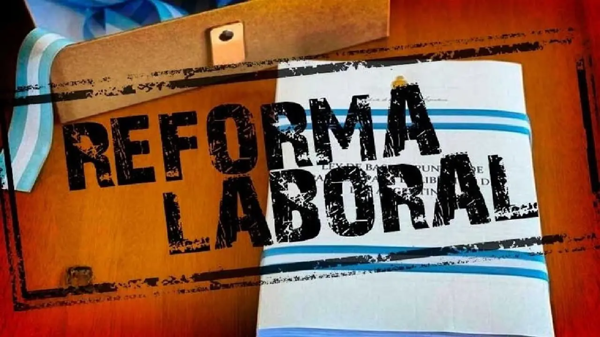
In the case of quarterly or semi-annual adjustments, the proportional indicator published by the Central Bank will be applied.
The estimated rent for a two-bedroom apartment in Buenos Aires City with an annual adjustment that cost $800,000 until October will rise to $1,137,600 in November.
Private health insurance plans will bring increases of nearly 3%
The main private health insurance companies will apply increases of between 2.1% and 2.8% to their plan premiums in November.
The cost of private health insurance plans "is still in the process of recomposition after the tariff freezes of previous years," according to sources in the sector who are implementing increases close to the monthly inflation rate.
Gas and electricity bills will arrive with an increase
According to information from the Ministry of Energy, there will be a 3.8% average increase in natural gas tariffs in November.
Meanwhile, there will be greater pressure for service increases in November.
Bus fares will increase by 4.1%
Bus fares will increase by 4.1%, starting on Saturday, November 1, for users of the Buenos Aires Metropolitan Area (AMBA), as a consequence of the subsidy reduction scheme ordered by the Ministry of Transport of the Nation.
The minimum fare in the Buenos Aires conurbation will rise to $572.86 The minimum fare in Buenos Aires City will rise to $568.91
Rent will increase up to 42.2% annually
Rental contracts that are adjusted annually based on the Rental Contract Index (ICL) will increase by 42.2% in November.
Increases in rent, energy, transportation, and private health insurance
will boost household spending in November, in a year that is entering its final stretch with higher inflationary pressure and a price index that is once again above two points.
On the eve of the midterm elections, inflation showed an acceleration—with a 2.1% increase in September—although less than the instability of the dollar, which, according to the Ministry of Economy, shows a low level of pass-through from the exchange rate to prices.
According to private projections, in October, the behavior was similar, with significant increases in food and non-alcoholic beverages, the products that most affect low-income sectors.
The increase for electricity will be published on Monday, but it will be similar, it was reported.













